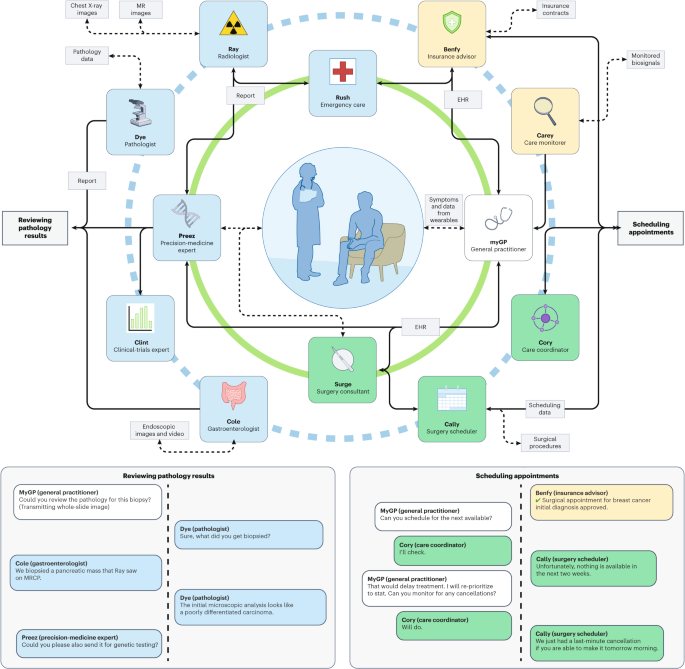AI Agents Revolutionize Scientific Research Workflows, Enabling Non-Coders to Access Over 600 Tools

AI agents are rapidly transforming scientific research workflows, offering new capabilities for discovery and analysis across various disciplines. This shift is enabling healthcare teams to test advanced multi-agent systems and empowering researchers without coding expertise to leverage sophisticated AI tools, as highlighted by a recent Nature article. The development of platforms like ToolUniverse signifies a major step towards democratizing access to AI-driven scientific exploration.
Healthcare teams are actively exploring multi-agent tumor boards, where AI agents collaboratively analyze patient data, including scans, clinician notes, and trial data. This innovative approach aims to mimic the deliberations of multidisciplinary teams, potentially expanding personalized care for a broader range of cancer patients. Microsoft Research is notably developing such AI tumor boards, though they are currently intended for research use.
A significant development in this landscape is ToolUniverse, a project spearheaded by researchers at Harvard University and MIT. This open online environment allows scientists to connect large language models (LLMs) to over 600 scientific tools using simple natural language commands. Marinka Zitnik, a researcher in biomedical informatics at Harvard University, explained that this initiative aims to "make AI agents more broadly accessible to other fields and scientists who do not write code."
Beyond specific applications, a "co-scientist" setup is emerging, utilizing multiple AI agents to generate, debate, and refine scientific ideas. Early indications in drug repurposing and antibiotic research show promising results, although these applications require rigorous checks and validation. For instance, AI agents have been used to analyze clinical trial data, identifying potential protective effects of existing drugs, such as dapagliflozin for Alzheimer's disease.
While the potential of AI agents to accelerate discovery is immense, researchers acknowledge challenges such as AI "hallucinations" and the need for human oversight. However, the ongoing advancements, particularly in making these powerful tools accessible to a wider scientific community, underscore their growing impact on the future of research.